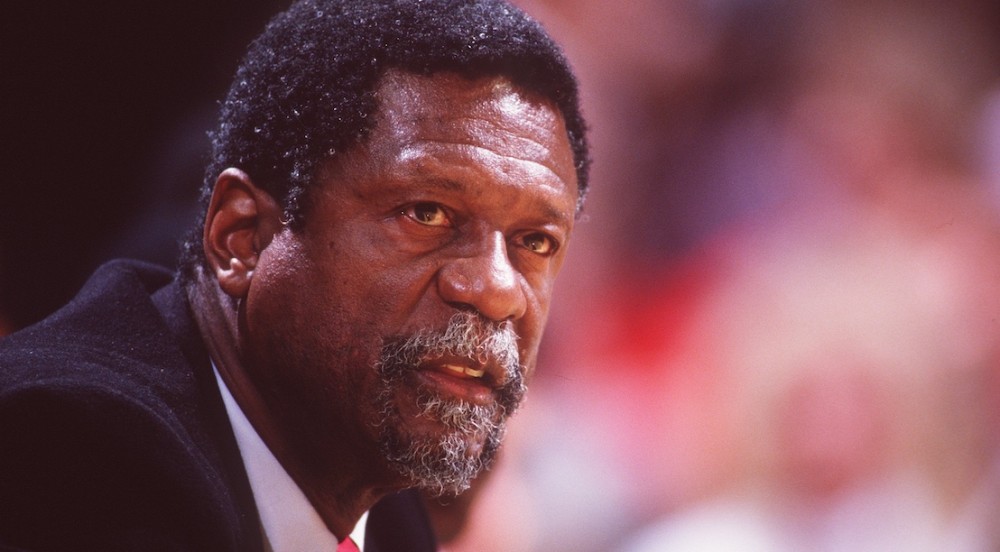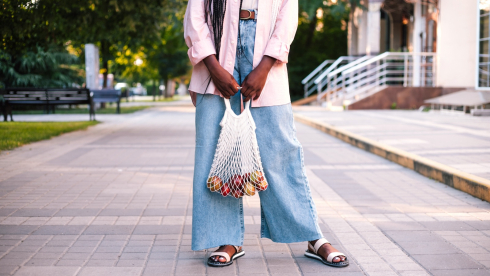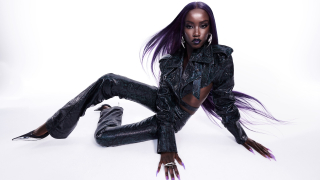The Boston Celtics legend, 87, who passed away on July 31, will be remembered forever with a patch with his jersey number 6 stitched onto the jersey of every NBA uniform. It not only honors his unprecedented accomplishments as a player, but also serves as a reminder for players that they can effectively use their platforms and position in society to bring about sustainable systemic change while still being great on and off the court.
Every NBA team has their own agenda, their own focus at the start of the season.
But this year, there is a thread that binds all teams together, the kind of bond that at first seems symbolic but truth be told, has the kind of domino effect that can further the efforts by the league in bringing about sustainable systemic change.
On the right side of every player’s jersey will be the jersey number 6, an across-the-league nod to Boston Celtics legend Bill Russell who passed away on July 31.
The patch with all NBA jerseys, upon first glance, doesn’t seem to have much value beyond it being a symbolic gesture for the greatest winner in league history.
But that number, much like the man who wore it, is much more than what you see.
He was an iconic player who was just as powerful in the social justice movement of the 1960s, one with very few athletes with the kind of visibility of Russell.
Indeed, he was among the more outspoken athletes who pushed back on the naysayers who felt the only sound they should hear from athletes back then is their sneakers squeaking in a gym or them grunting after making a tackle on the gridiron.
Russell wasn’t about that “shut up and dribble” life.
He was more of a “speak up and win” kind of athlete, claiming five league MVP awards along with 11 NBA championships—more than any player in league history.
The patch symbolizes more than just his accomplishments as a player, but also serves as a reminder of the potential all players have when it comes to using their platforms to pursue a more equitable and inclusive NBA, the kind of league that Russell was unapologetically committed to.
Boston Celtics player Jaylen Brown, among the more outspoken players in the league when it comes to social justice issues, addressed the Boston Celtics home crowd prior to Boston’s 126-117 season-opening win on October 18.
“Bill Russell was a great man,” Brown said. “But what defined his greatness?”
It would be easy to lock in on the championships and individual accolades, for sure.
But Russell’s greatness had more to do with the elevation of the human spirit, showcasing the diversity of a Black man at a time when opportunities for people of color were significantly limited or in too many instances, non-existent.
During the 1970s and 1980s, the fire we saw among athletes when it came to social justice, slowly faded into being no more than a flicker in the grand scheme of things.
That all changed in 2020 with the killing of George Floyd.
It was the much-needed spark to awaken the pilot light of social activism that was alive among several athletes, including NBA players.
You soon saw players outwardly encouraging their fans to vote; raising interest in speeches aimed at addressing police brutality; and doing more than just lending their voice to supporting protesters—but actually being active participants.
When the NBA’s Milwaukee Bucks refused to go on to the floor for a 2020 playoff game to protest racial injustice following the shooting of Jacob Blake, this set off a cascade of cancellations throughout the professional sports landscape.
The support came in from many across the world, including Russell who praised the NBA players for “getting in good trouble.”
I’m moved by all the @NBA players for standing up for what is right. To my man @TheJetOnTNT I would like to say Thank you for what you did to show your support for the players. I am so proud of you. Keep getting in good trouble. @NBAonTNT @ESPNNBA @espn #NBAPlayoffs ✊🏿
— TheBillRussell (@RealBillRussell) August 26, 2020
The killing of George Floyd awakened the pilot light of social activism buried within many NBA players, sparking a fire that continued to burn brightly among players whose words and actions began to align in a way that raised awareness to the systemic issues affecting Blacks such as police brutality.
NBA players were making their voices heard, akin to how Russell had done so many years ago in staging boycotts all aimed at pushing for more equitable treatment for many.
“He (Russell) represented a nobility and honesty that transcended sport,” Brown said. “He was a true champion both on and off the floor and our gratitude is endless.”
And the same can be said for the patch bearing Russell’s jersey number which will forever be a fixture to all NBA jerseys.
It honors what he meant as a player who impacted winning greater than anyone before or since his playing days.
But just as important, is what it has meant to his legacy as a social activist and how players will be reminded of this truth about Russell every time they put on a jersey.












